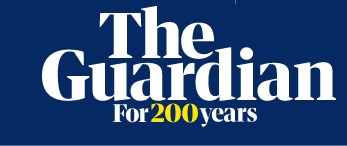Stiell said: “When those realities that vulnerable countries have been facing for well over a decade now are being translated to the richest and most sophisticated and advanced of economies, you know something is shifting.”
The bill for climate damage already runs to hundreds of billions of dollars a year, and is getting higher. Within little more than a decade, costs of more than 5% of GDP a year are likely to bite. “That means significant recession. It speaks of a level of recession that we’ve never seen before [because the damage will continue year on year, rather than abating as conventional economic recessions tend to].”
If inflation in the last four years has toppled governments and lost votes for incumbent parties, the effects of the climate crisis on the cost of living will be much more dramatic. Stiell said: “We’ve seen the impact of the price of eggs and how that was singled out as a barometer of skewed economic policy and mismanagement. Multiply that across every single item that you purchase, the food you eat, the clothes you wear, the vehicle you drive, the cost of heating or cooling your home.”
Compared with that, “Covid and the global financial crisis would pale into insignificance”, he said. “Governments who choose to ignore this, financial advisers and economics who chose to ignore this, do so at their peril.”
Stiell understands the effects of the climate crisis firsthand. Last year, Hurricane Beryl ripped through his home island of Carriacou, part of Grenada in the Caribbean. The devastation mirrored other events that he has seen in countries around the world. “That burns deep inside of me,” he says. “There’s anger, there’s frustration within that.”
His challenge is presenting what is at stake at Cop30, the complexities of the UN process, and the warnings of scientists, in terms that resonate with the global public. Stiell said: “Just raising an alarm is not enough – it has to be rung in a way that translates beyond numbers on a spreadsheet, and is understood by ordinary people, consumers and voters.
“But then the flip side is I also see opportunities. I see hope, I see resilience. The grit of humankind is empowering.”



